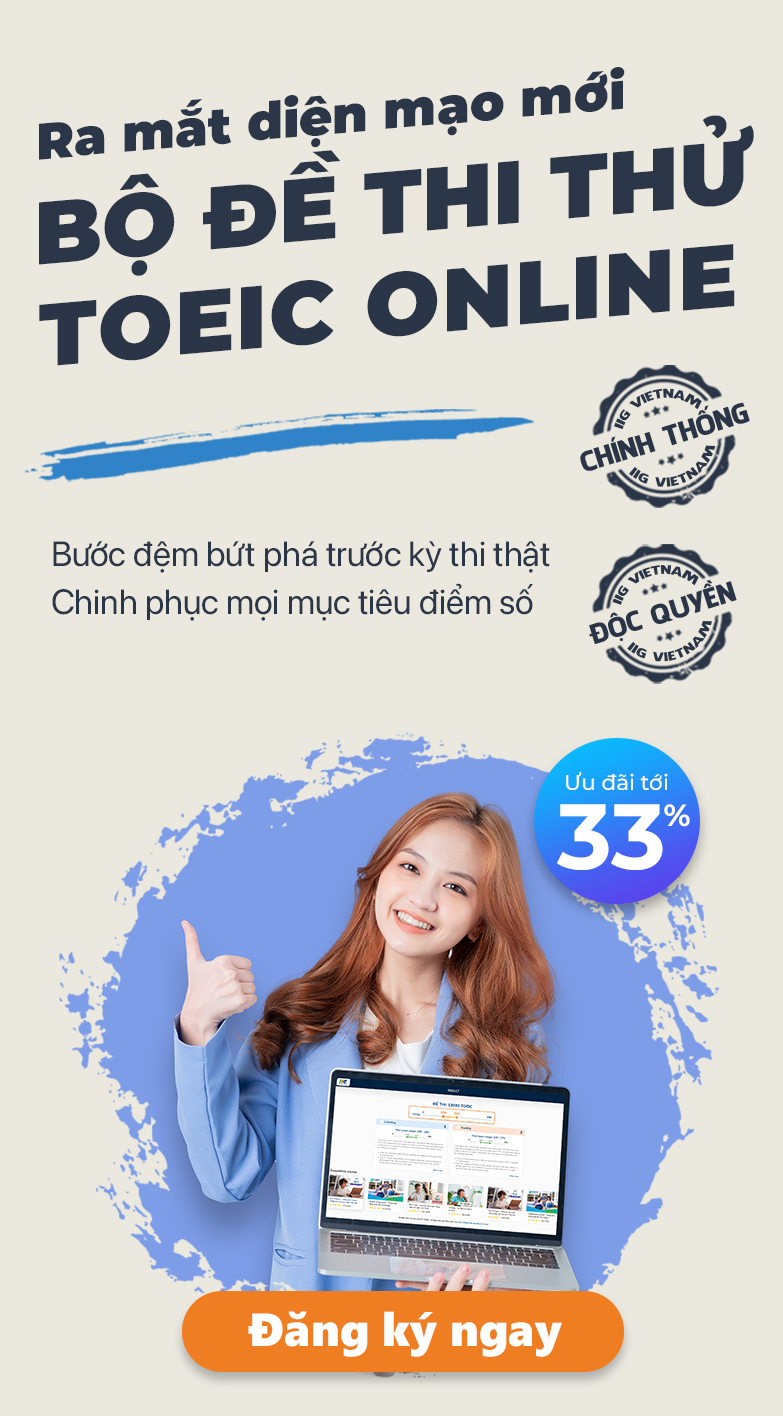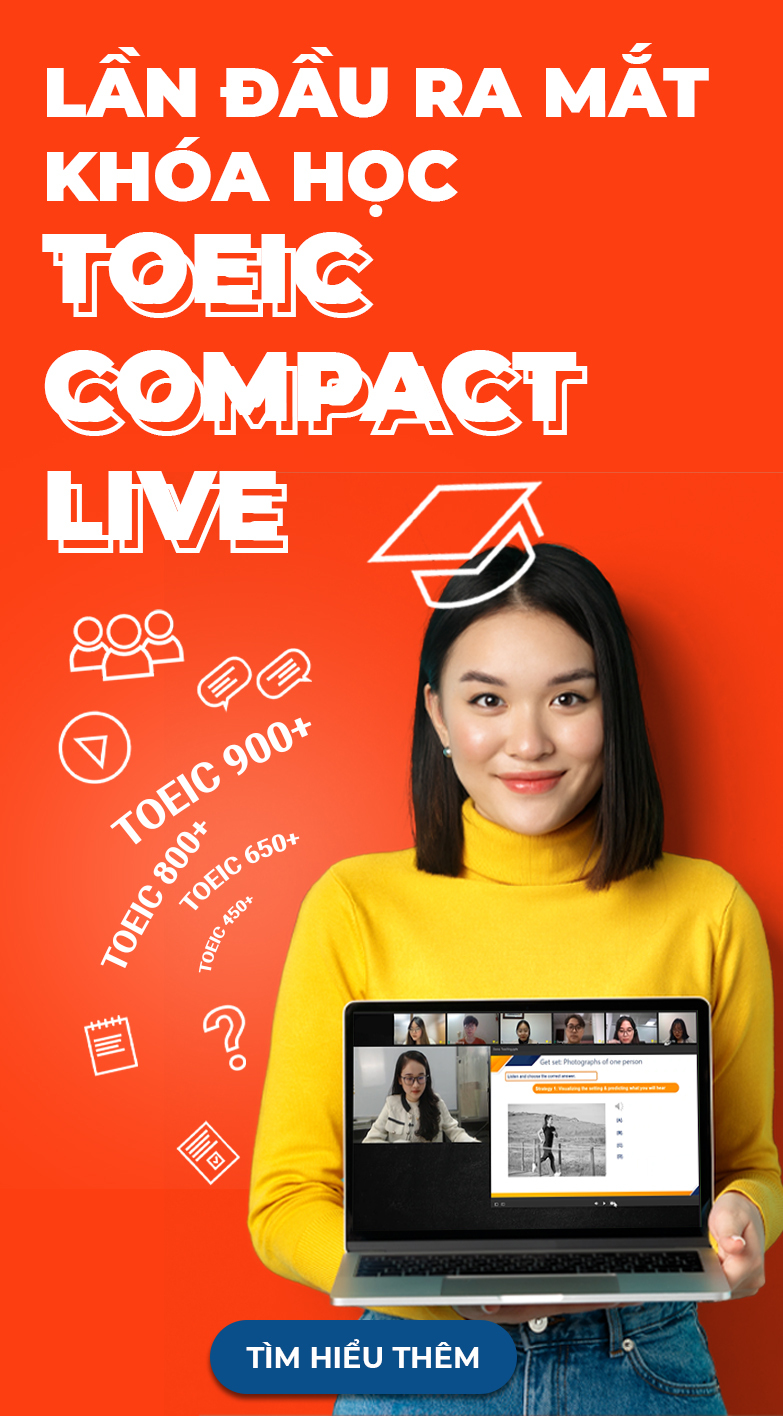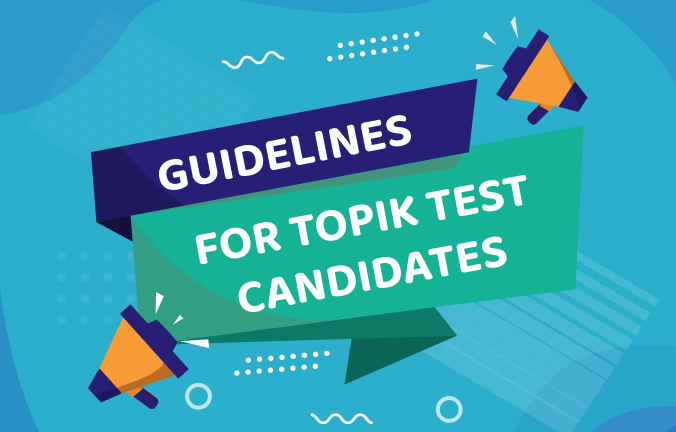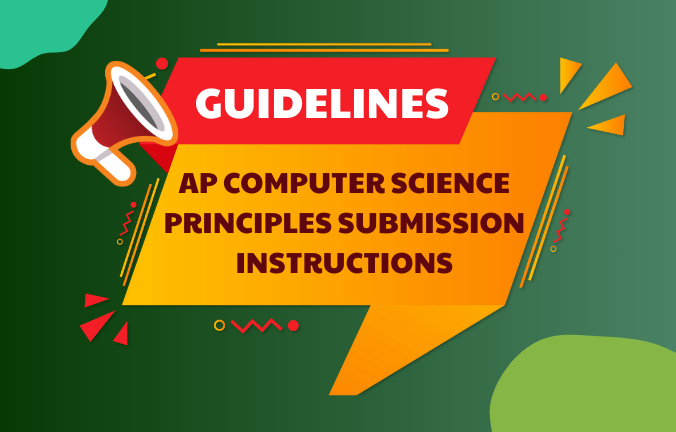GUIDELINES FOR SUPPORTING CANDIDATES WITH DISABILITIES IN TOPIK TEST
We want to ensure that all candidates taking the TOPIK test at IIG Vietnam receive the necessary support to perform their best, regardless of their disabilities. Thus, we are pleased to provide you with specific guidelines on how we can assist candidates with disabilities.
- Candidates with temporary/permanent disabilities who wish to take the TOPIK exam can request support from IIG Vietnam.
- Process for requesting support and submitting necessary documentation:
1. Candidate must submit a Request for Special Needs Support Form (PDF format, signed by the candidate or guardian/representative) and proof of their disability.
Deadline for receiving request form: Last registration date of the exam.
Candidates can send an email to info@iigvietnam.edu.vn or contact hotline 1900 636 929 (during office hours) for guidance and support.
2. Candidates can submit one of the following documents as proof of their disability. Depending on each case, IIG Vietnam reserves the right to require a medical examination certificate from a specialized unit:
2.1. Original medical examination certificate from specialized units (accept medical examination papers issued by hospitals and clinics in the country)
2.2. Copy of Welfare Card
2.3. Original certificate of injury
3. The medical examination certificate must meet the following requirements:
- Issued within two years from the test registration deadline.
- Specify details of the injury/disability, including its degree and how it may impact the candidate’s ability to take the test, including what they are unable to do during the test as a result of your injury/disability, as well as any specific accommodations or assistance they may require during the test.
4. For tests held in the country, medical examination papers, and injury certificates issued by foreign agencies are not accepted. It is still acceptable for documents to be stamped with consular legalization or apostille stamp. However, if available in foreign languages (except English), these documents must be notarized translations and translations submitted.
※ Apostille Convention (Apostille Program, 2007. 7. 14.)
- Support for each type and degree of injury:
|
Type of Injury/Level of Injury |
Support |
|||
|
Abnormalities in the extremities |
Upper extremities
|
Person with severe degree of injury |
- Test time lasts 1.5 times longer - Can request writing assistance - Can bring support equipment - Can be seated in private test room |
|
|
People with minor degree of injury |
- Test time lasts 1.5 times longer - Can bring support equipment - Can be seated in private test room |
|||
|
Lower extremities |
People with serious or minor injuries |
- Can bring support equipment - Can be seated in private test room |
||
|
Brain injury |
Person with severe degree of injury/disabilities |
· Test time lasts 1.5 times longer · Can request writing assistance · Given enlarged test questions · Can bring support equipment · Can be seated in private exam room |
||
|
People with minor degree of injury/disabilities |
· Test time lasts 1.5 times longer · Given enlarged test questions · Can bring support equipment · Can be seated in private exam room |
|||
|
Visually impaired |
Person with severe degree of injury |
· Test time lasts 1.7 times longer · Can request assistance with reading and writing · Can bring support equipment · Can be seated in private exam room |
||
|
People with minor degree of injury |
People who need to use Braille certified by a specialized unit |
· Test time lasts 1.7 times longer ※ However, candidates need to submit a certificate of disability, specifying the need for use of Braille, issued by a qualified ophthalmologist. · Given enlarged test questions · Can bring support equipment · Can request assistance with reading and writing · Can be seated in private exam room |
||
|
Persons who do not need to use Braille |
· Test time is not extended · Given enlarged test questions · Can bring support equipment · Can request writing assistance · Can be seated in private test room |
|||
|
Hearing impaired |
Person with severe degree of injury |
· Can be provided with a listening test script ※ However, to allow providing a listening test script, candidates need to submit a certificate of disability, specifying the need for a listening script, issued by qualified units specializing in the field of acute otolaryngology. · Can be provided with written test materials or a sign language interpreter · Can bring support equipment · Can be seated in private test room |
||
|
People with minor degree of injury |
· Can bring support equipment · Can be seated in private exam room |
|||
|
Other |
- Special disability and multiple disability - People who have great difficulty in doing their test due to temporary physical injury |
· Support will be provided after checking the actual extent of the injury |
||
|
Pregnant women |
・Seat distance can be adjusted · Be permitted to use restrooms during test time ※ Need to submit proof of pregnancy |
|||
|
People who need to use medical equipment because of basic diseases such as diabetes and asthma |
• Can bring medical equipment ※ However, candidates need to submit a medical certificate specifying the diagnosis and need of medical equipment ※ The test organization will check the severity of the disease and make a decision • Can be seated in private exam room (in case medical machinery makes noise) |
|||
|
Note: 1) Candidates with disabilities need to confirm the type and extent of their disability based on the notice of the Ministry of Health and Welfare No. 2022-167 – 'Criteria for determining disability level'. 2) The use of assistive technology devices may be restricted if they interfere with other candidates. 3) Candidates using Braille may require literacy assistance. 4) Candidates with disabilities who have difficulty marking their answers on the test may request writing assistance instead in a special test room. 5) Candidates with reduced mobility due to a physical disability may require assistance from a second proctor. 6) Test questions can be magnified up to 122%. However, candidates who use magnifying tool will not be provided with an enlarged paper. 7) The test administrator provides maximum support for candidates depending on their disability status, including extending the test time, arranging for a substitute writing supervisor, and arranging a separate test room. |
||||
IV. Please download the Request for Special Needs Support form here.
Regards,
IIG Vietnam





